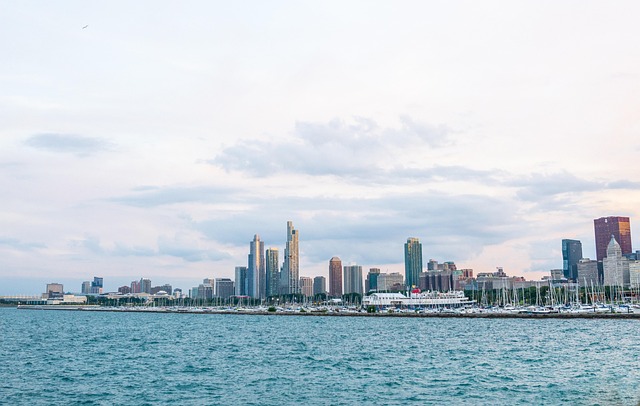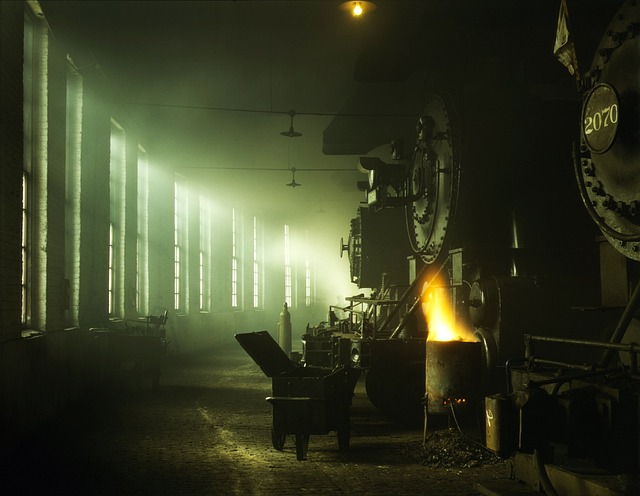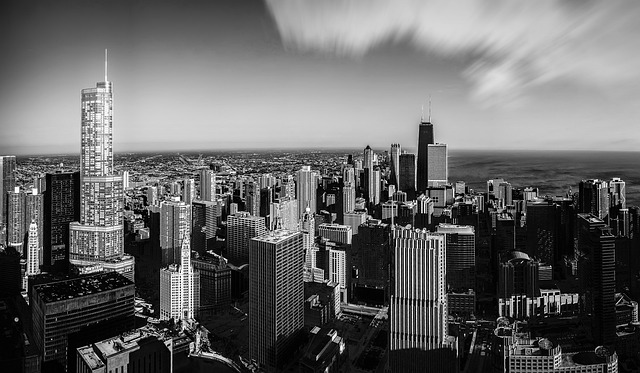Chicago's real estate market offers a unique opportunity in the sale of fire-damaged homes, providing substantial potential for growth and profit. Despite their challenges, these properties cater to the city's economic growth, demand for housing, and community revival. Investors can contribute to Chicago's ever-changing landscape by acquiring, rehabilitating, and reselling these distressed assets, leveraging the market's competitive edge and supportive programs. However, navigating local regulations, cost considerations, and marketing strategies is crucial for success in this niche segment.
Chicago’s vibrant real estate market presents unique opportunities, especially within its diverse neighborhoods. Understanding the city’s landscape is key to successful investing. This article explores strategies for navigating the Chicago market, with a focus on purchasing and rehabilitating fire-damaged properties. Learn how these homes can offer attractive deals while providing valuable insights into identifying potential investments and mastering the art of renovation for maximum resale value. Discover the legal and financial considerations essential to building a solid track record in selling fire damaged homes Chicago.
- Understanding the Market: Chicago's Real Estate Landscape
- The Appeal of Investing in Fire-Damaged Properties
- Identifying Opportunities: Locating Fire-Damaged Homes for Sale
- Strategies for Effective Rehabilitation and Resale
- Legal and Financial Considerations for Investors
- Building a Successful Track Record in Chicago's Real Estate Market
Understanding the Market: Chicago's Real Estate Landscape
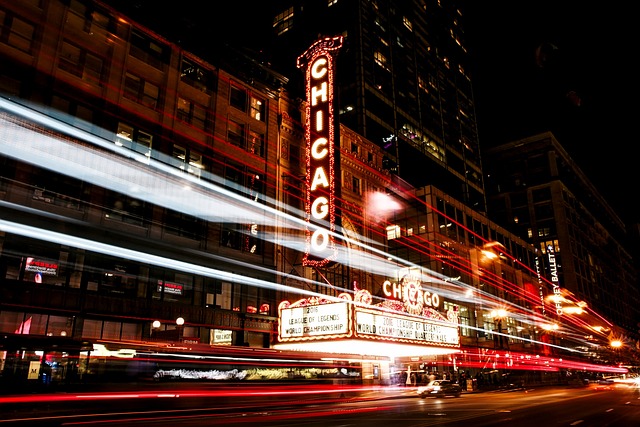
Chicago’s real estate market is a vibrant and diverse landscape, offering investors a range of opportunities. Understanding this market requires a close look at its unique characteristics. One notable segment involves selling fire-damaged homes in Chicago, which can be both a challenge and a significant chance for growth. These properties often require substantial renovation, but their potential for transformation into modern, desirable residences is immense.
The city’s resilience and robust economic growth have made it an attractive destination for real estate investors. With a steady demand for housing, particularly in areas hit by fires or other urban renewal projects, there’s a constant need to rebuild and revitalize. This presents an exciting prospect for those looking to acquire and develop these properties, contributing to the city’s ever-evolving tapestry.
The Appeal of Investing in Fire-Damaged Properties

Investing in fire-damaged properties in Chicago can be an attractive prospect for real estate investors due to several compelling factors. The city’s diverse neighborhoods often include older homes that have unique character and potential, which can appeal to a range of buyers post-renovation. Many areas in Chicago have seen a surge in popularity, with increased demand driving up property values, making them lucrative opportunities for the right investor.
Additionally, selling fire-damaged homes in Chicago allows investors to contribute to the city’s revival. After a fire, these properties often require significant renovation, offering an chance to transform and revitalize areas that may have been overlooked. This not only benefits the investor financially but also adds to the city’s overall appeal and real estate market health.
Identifying Opportunities: Locating Fire-Damaged Homes for Sale
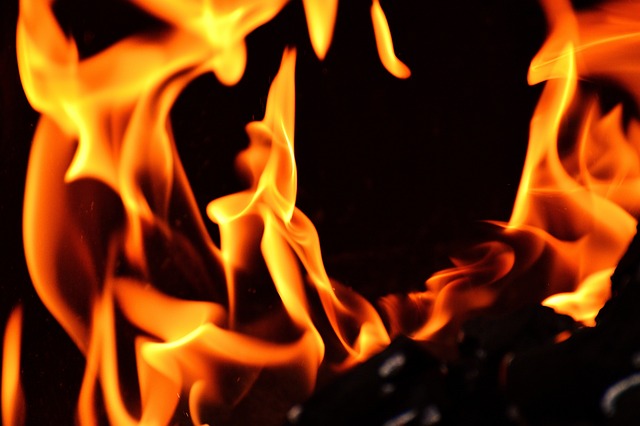
In the competitive Chicago real estate market, identifying unique opportunities can set apart successful investors. One often overlooked yet lucrative avenue is purchasing fire-damaged homes for sale in Chicago. These properties, while requiring significant repairs, offer a chance to acquire real estate at potentially lower prices compared to the bustling market. Many sellers are eager to offload these distressed assets, creating an environment ripe with investment potential.
Chicago’s robust rehabilitation programs and grants cater to investors looking to renovate and resell or flip fire-damaged homes. These initiatives not only support community rebuilding but also provide financial incentives for investors. By strategically targeting these properties, investors can contribute to the city’s regeneration while securing profitable investments in the process, making it a win-win situation for both the community and the real estate entrepreneur.
Strategies for Effective Rehabilitation and Resale
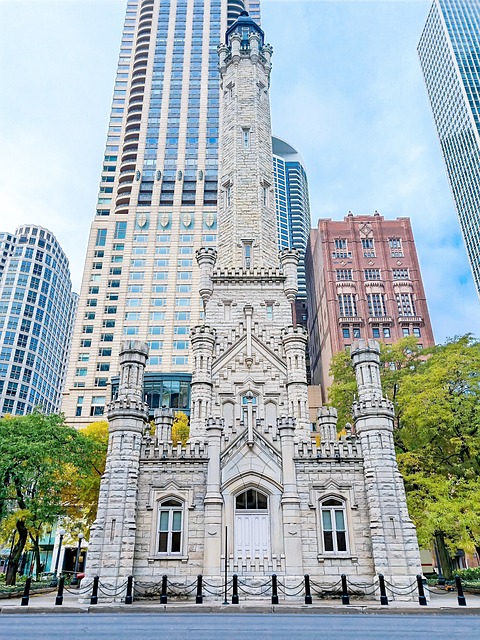
Chicago’s real estate market offers unique opportunities for investors looking to rehabilitate and resell properties, especially when targeting fire-damaged homes. The first step in this strategy involves assessing the extent of damage and identifying cost-effective repairs that maximize return on investment. Investors should prioritize structural integrity, electrical systems, and roofing, as these are key components that attract buyers and ensure a safe living environment. Engaging with local contractors who specialize in fire restoration can provide valuable insights into efficient renovation practices while adhering to Chicago’s building codes.
Upon completion of repairs, focusing on marketing strategies is crucial for successful resales. Highlighting the transformation of these fire-damaged homes into modern, move-in ready properties will appeal to a wide range of buyers, including first-time homeowners and investors seeking affordable entry points. Utilizing digital platforms, such as real estate websites and social media, to showcase before-and-after photos and emphasize the value added through rehabilitation, can generate significant interest in these selling fire damaged homes Chicago has to offer.
Legal and Financial Considerations for Investors
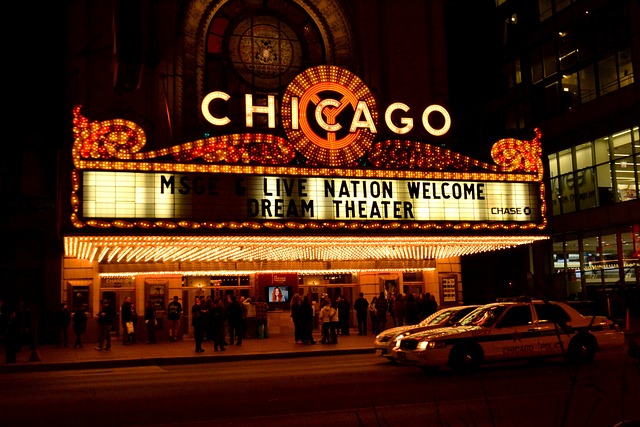
Real estate investors in Chicago must navigate a complex landscape, especially when considering purchasing and rehabilitating properties, such as those affected by fire damage. Before diving into the market, it’s crucial to understand the legal and financial aspects that could impact their ventures. One key consideration is compliance with local building codes and zoning regulations, which can vary across different neighborhoods in Chicago. Investors must ensure that any repairs or renovations they undertake meet these standards, particularly when dealing with fire-damaged homes. This might involve extensive rebuilding and adherence to strict safety guidelines, impacting both time and budget.
Financially, investors should carefully assess the costs associated with purchasing and rehabilitating fire-damaged properties in Chicago. This includes not only the purchase price but also potential legal fees, insurance adjustments, and unexpected repair expenses. A thorough understanding of market trends and local property values is essential for making informed decisions. Additionally, investors can explore various financing options, grants, or tax incentives offered by the city to support their projects, especially when rehabilitating properties for resale or rental purposes.
Building a Successful Track Record in Chicago's Real Estate Market

In Chicago’s competitive real estate market, building a successful track record requires a deep understanding of local trends and a keen eye for undervalued properties. Investing in selling fire-damaged homes in Chicago can be a strategic move, as this niche market often presents opportunities for substantial profits. By specializing in rehabilitating and reselling these properties, investors can carve out a unique position and establish a strong reputation.
Chicago’s diverse neighborhoods offer various real estate scenarios, including areas hit hard by fires. These locations can provide an edge for investors who are equipped to navigate the challenges of purchasing and restoring damaged homes. Effective marketing strategies targeting specific buyer demographics interested in fixing up properties can further enhance the success of these endeavors.
Chicago’s real estate market, with its diverse offerings and unique opportunities, presents an attractive scenario for investors. Investing in fire-damaged properties can be a strategic move, allowing investors to purchase affordable homes, rehabilitate them, and profit from the growing demand in the city. By understanding the local landscape, adopting effective rehabilitation strategies, and navigating legal considerations, investors can successfully navigate this niche market. Selling fire-damaged homes in Chicago has the potential to yield substantial returns for those willing to take on these specialized projects.


